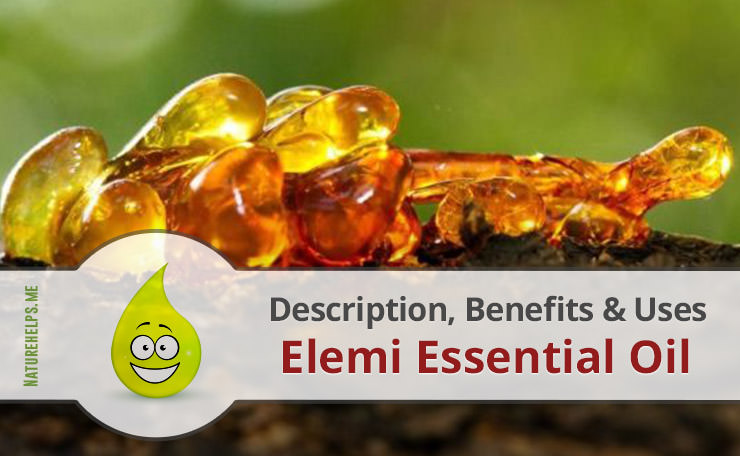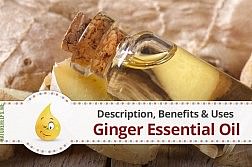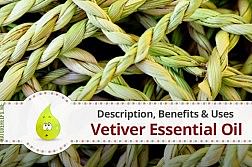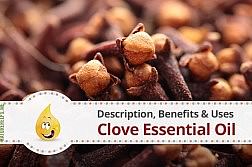Elemi essential oil has a fascinating history as an Egyptian balm agent, and a more modern usage as a skin rejuvenator and muscle relaxant. Its many medical uses, potential for food use, and overall relaxing powers.
Elemi (Canarium luzonicum) – a tropical tree up to 30 meters. It grows in the Philippines and the Moluccas, where it is cultivated, although it was known and used in the Middle East for thousands of years. Elemi essential oil is extracted from the gum of the tree by steam distillation.
Elemi has a spicy, incense-like scent that is soft and somewhat balsamic. A member of the same botanical family as frankincense and myrrh, it has been used traditionally in Europe for the skin. Elemi is highly regarded for reducing the look of fine lines and wrinkles, skin support, and for soothing muscles after exercise.
History of Elemi Essential Oil
The Arabic meaning for elemi means “above and below” referring to its spiritual undertones. Ancient Turks and Arabs used elemi in incense and the Egyptians used it for embalming, due to its antiseptic properties. In the 15th century, Europeans used elemi gum for boosting the immune system, soothing respiratory conditions and stomachaches and lessening fatigue. Elemi was also used to heal soldiers broken bones more quickly and painlessly.
Archaeological records show that elemi was traded widely in the Mediterranean Middle East and made it as far west as Egypt, where the ancient Egyptians used the oil in embalming mixtures as a fixative. Elemi oil was also used in Europe as a skin tonic for reducing the appearance of fine lines and wrinkles. However, there was a lot of confusion in Europe about where exactly elemi oil came from: in the 17th and 18th centuries, the term elemi was freely applied to a number of resinous tree species, including the Icica genus native to Brazil and other members of the Boswellia genus, which includes the frankincense tree. These different species were grouped together because they all produce resinous gums that can be used in skin treatments and to treat infections, so people confused them with elemi oil. The root word of elemi is now thought to be enhaemon, the name of an unidentified medicine written about by Pliny that was supposedly derived from the resin of a kind of Arabian olive tree.
Effects & Actions of Elemi Essential Oil
Effects of elemi oil on internal organs and systems
- bactericidal
- balsamic
- soothing
- healing
- expectorant
- antiviral
- antifungal
- tonic effect
Effects of elemi oil on psycho-emotional sphere
Elemi oil has a harmonizing effect, resulting in body, mind and spirit into harmony. It relieves stress, burnout, tones, stimulates vitality.
Encourages contentment, calm, soothing stillness, compassion and peace. This oil helps to unify the upper and lower chakras, and show us how to balance our spiritual lives with our worldy existence. Great for meditation, and visualization. When used with other modalities and tools (like crystals) it has been noted that deeply hidden emotions may arise.
Effects of elemi oil on human bio-energy field
During meditation, the oil does not act as a hypnotic, and gives a sense of deep physical and spiritual peace, a sense of peace, strength.
Usage of elemi oil in cosmetology
Elemi Oil in Skin Care. An excellent essential oil for skin care, Elemi has rejuvenating properties that are specific to reducing wrinkles and helping to nourish mature skin. An antiseptic and tonic, Elemi helps speed the healing process and brings a natural vibrancy to skin that has been damaged by the sun, scarring, or the natural aging process.
Domestic use: to disinfect the premises.
Indications in Usage of Elemi Oil
Elemi Oil to Treat Infections. Quite possibly, the antiseptic property of Elemi is why it was used in the embalming process in ancient Egypt. The antiseptic property protects from every possible infection from microbes, bacteria, fungus and virus, apart from giving protection against septic and tetanus. This is not only applicable in protecting wounds, but is also effective in preventing infections in urethra, urinary bladder, urinary tract, colon, kidneys, intestines, stomach and other internal organs, be it in any form of wound there or ulcer or otherwise.
Natural Expectorant: The need of an efficient expectorant is very much felt when we are suffering from breathing troubles, congestion in lungs and nose and exhausting coughs due to accumulation of phlegm or catarrh in the respiratory tracts such as bronchi, trachea and lungs. It loosens phlegm or catarrh and helps it to come out either with cough or with stool. It also clears congestion and makes breathing easy.
Elemi Oil as Stimulant: The effect of a stimulant is widespread. It stimulates almost all the functions in the body. It stimulates circulation, secretion of hormones and enzymes from endocrinal glands, discharge of bile and other gastric juices into the stomach, stimulates nervous response, neurons in the brain, the heartbeats, respiration, peristaltic motion of the intestines and also stimulates menstrual discharges and production and secretion of milk in the breasts, due to its stimulating effects of certain hormones such as estrogen and progesterone.
Contraindications in usage of elemi oil
Avoid in pregnancy, with infants and young children.
Elemi essential oil is not recommended for the first 4 months of pregnancy. It does not apply to children under 5 years. When using the oil for the first time it is recommended to test for allergic reactions.
Blends well with: lemon, basil, myrtle, eucalyptus, cinnamon, frankincense, rosemary, lavender, sage, orange, ginger, cardamom, lemongrass, geranium, rosewood.




